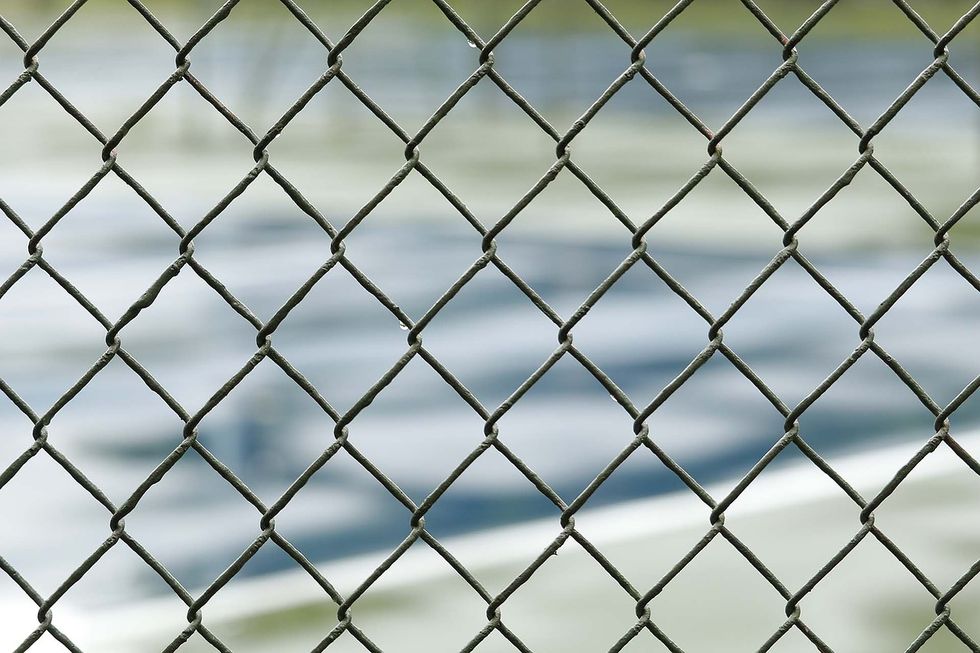Early Wednesday morning, October 25th, a 17-year-old was finally able to obtain her abortion after being in court for more than a month to do so. This young girl, identified as Jane Doe, was picked up on the border of Mexico and Texas as an undocumented immigrant. She was hoping to start a new life in the United States, even attending nursing school and eventually aiding the elderly. Her plans came to a halt when, after being detained, she learned she was nine weeks pregnant during a medical examination.
The Office of Refugee Resettlement, ORR, blocked Jane Doe from receiving an abortion. One of the primary obligations of this agency is to be responsible for undocumented and unaccompanied minors. The reason the ORR stopped Doe from having access to an abortion was that under the Trump administration they established a new policy; which mandates that all minors seeking an abortion must get permission from the office’s director. In Jane Doe’s case, the permission was denied. Due to these circumstances, a lawsuit against the federal government was prompted by Jane Doe.
On behalf of Doe the American Civil Liberties Union, ACLU, filed a lawsuit in federal court. For Doe to receive her abortion she would have to leave the shelter she was currently staying in. The government argued that they should not be forced to aid Doe in this as it would cause their officials to file paperwork as well as monitor her health after the procedure. Doe was left in a challenging position as she was in federal custody at the time. The government continued to state that if Jane Doe wished to obtain an abortion, she would have to either voluntarily leave the US, or find a sponsor who would be willing take her and allow her to get the procedure. Leaving the United States and returning to her home country was not an option for Jan Doe at the time as abortion is banned in her home country in Central America.
Under the state law of Texas, any minor that would want to terminate a pregnancy must have their parents’ permission or receive permission from a judge. With the help of Jane’s Due Process, a nonprofit organization which provides legal services for minors who are pregnant, Doe was able to gain a judicial order. At the time she was 11 weeks pregnant, and by receiving this order, it meant that she could undergo the procedure without having to notify her parents. However, supposedly federal officials violated the order by informing Jane Doe’s mother about both the pregnancy and her plan to abort it.
Judge Tanya S. Chutkan, a judge of the US District Court for the District of Columbia, ordered that the government allow Doe to get an abortion. This ruling was on Wednesday, October 18th. However, on October 20th a panel of judges of the appeals court ruled to give federal officials a deadline of October 31st to find a sponsor to take the girl. By the three judges on this panel making this decision, it would mean that Jane Doe would receive an abortion without the government having to facilitate it. By being taken into custody by a sponsor, that sponsor could then take her in for the procedure if they were so willing. After this decision was announced the ACLU quickly fired back stating that it was “far-fetched” to think the government would be able to find a suitable sponsor in this time frame; especially given the circumstance of how far along Doe already was. The ACLU then went on to ask the full appeals court to hear the case; in a 6-3 vote on October 24th, they ruled in favor of the ACLU and Jane Doe.
Though Jane Doe was able to receive an abortion, at 15 weeks of pregnancy, the struggle she faced to do so is not a unique situation. According to The Washington Post, “the Trump administration stated in court that it has a new policy of refusing to ‘facilitate’ abortions for unaccompanied minors taken into federal custody after crossing the border illegally.” This policy is a violation of the right of minors to an abortion in the United States. Also, this policy is just one example of how the current administration views the rights women have to their bodies; and their viewpoint on the rights of undocumented immigrants.




 Energetic dance performance under the spotlight.
Energetic dance performance under the spotlight. Taylor Swift in a purple coat, captivating the crowd on stage.
Taylor Swift in a purple coat, captivating the crowd on stage. Taylor Swift shines on stage in a sparkling outfit and boots.
Taylor Swift shines on stage in a sparkling outfit and boots. Taylor Swift and Phoebe Bridgers sharing a joyful duet on stage.
Taylor Swift and Phoebe Bridgers sharing a joyful duet on stage.













